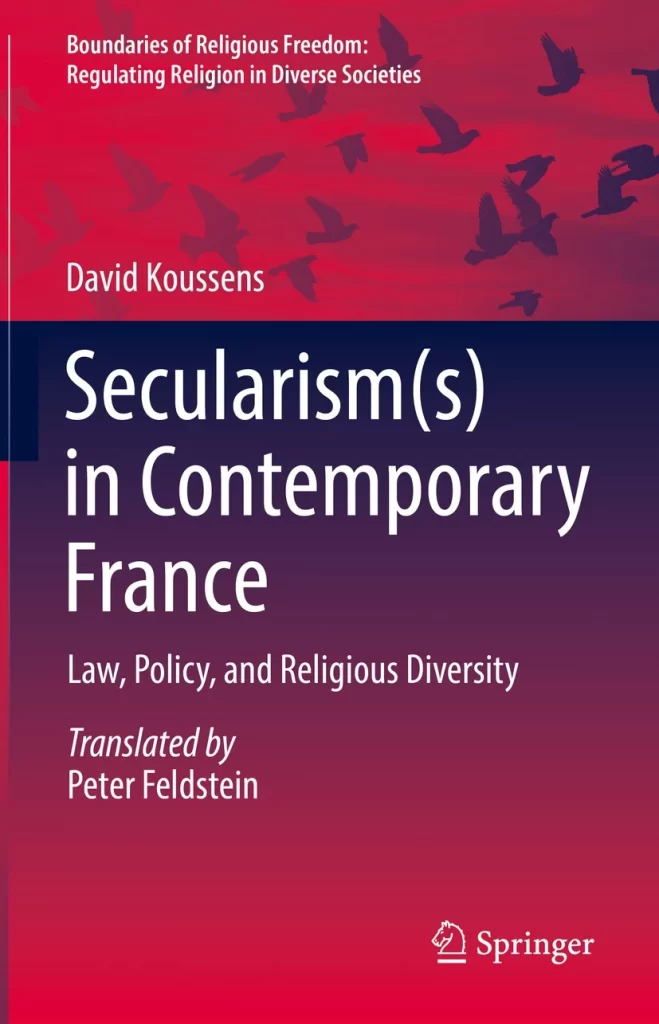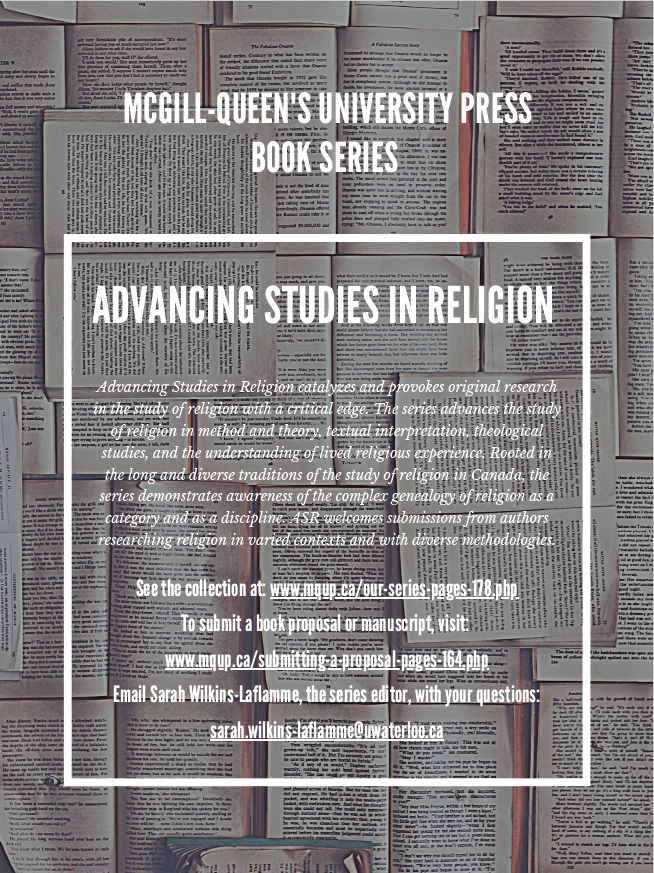
Appel à soumissions Revue RELIER

Résumé
The increasing visibility of Islam in France and the vehemence of debates about it have often contributed to narrow public perceptions of secularism to a simplistic antireligious crusade, a misleading image disseminated by the media and politicians alike. Taking the opposite stand, this book embarks on a comprehensive effort to document the multiple areas in which French secularism plays out – in debates over “cults,” places of worship, chaplaincy services in public institutions, the recognition of associations of worship, and more -, outlining and analyzing the legal paths favored by the state in the regulation of religious diversity. While Islam has undoubtedly contributed to the reshaping of French secularism in the last decades, the book moves beyond what has come to be known as the “Muslim Question” to look at the multiplicity of challenges contemporary religious beliefs, practices, and organizations now pose to the state. David Koussens examines the main political and legal configurations of French secularism over the last thirty years through a sociological and juridical lens, in order to better document its diversity. Such a portrait emphasizes that French secularism is not a univocal phenomenon but one that appears in many guises.
Koussens, D. 2023. Secularism(s) in Contemporary France. Law, Policy, and Religious Diversity. Berlin, Springer, 177 pages.

Advancing studies in Religion propose une série de livres avec des articles écrits par et pour nos membres de la communauté scientifique en sciences religieuses. L’appel à contribution est actuellement ouverte. Plus d’informations ici:
»Advancing Studies in Religion catalyzes and provokes original research in the study of religion with a critical edge. The book series advances the study of religion in method and theory, textual interpretation, theological studies, and the understanding of lived religious experience. Rooted in the long and diverse traditions of the study of religion in Canada, the series demonstrates awareness of the complex genealogy of religion as a category and as a discipline. ASR welcomes English-language book manuscript submissions from authors researching religion in varied contexts and with diverse methodologies. »

Organisé par des étudiant.e.s montréalais à la maitrise et au doctorat, par l’Institut d’études juives, l’université Concordia, l’Université de Montréal et l’Academy for Jewish Research, le colloque bilingue et inter-disciplinaire la judéité dans les sciences sociales et humaines se tiendra à l’Université de Montréal les 5 et 6 février 2019. Il propose à la fois de mettre l’accent sur les recherches réalisées par les étudiant.e.s à la maitrise, les doctorant.e.s et les jeunes chercheurs dont les objets sont liés de près ou de loin à la judéité et de les rassembler avec des universitaires plus confirmés au sein d’ateliers thématiques.
Informations et programme sur la page Facebook du collectif Judéités.


Bilal Kuspinar (Necmettin Ebakan University) présentera une conférence : Mawlana Rumi’s Spiritual Legacy within World Civilizations, dans le cadre des Islamic Enconters organisées par la Faculté des Religious Studies de McGill.
La rencontre aura lieu le 28 novembre, de 10h15 à 11h45.
Lieu : Université McGill, Birks Building, 3520 rue University, Montreal
Damien Janos (UdeM) et Robert Wisnovsky (McGill University) présenteront une conférence : New perspectives on Christian philosophers in medieval Islamic Baghdad, dans le cadre des Islamic Enconters organisées par la Faculté des Religious Studies de McGill.
La rencontre aura lieu le 27 novembre, de 16h15 à 17h45.
Lieu : Morrice Hall — 3485 rue McTavish, Montréal
Fièrement propulsé par WordPress | Thème : Baskerville 2 par Anders Noren.